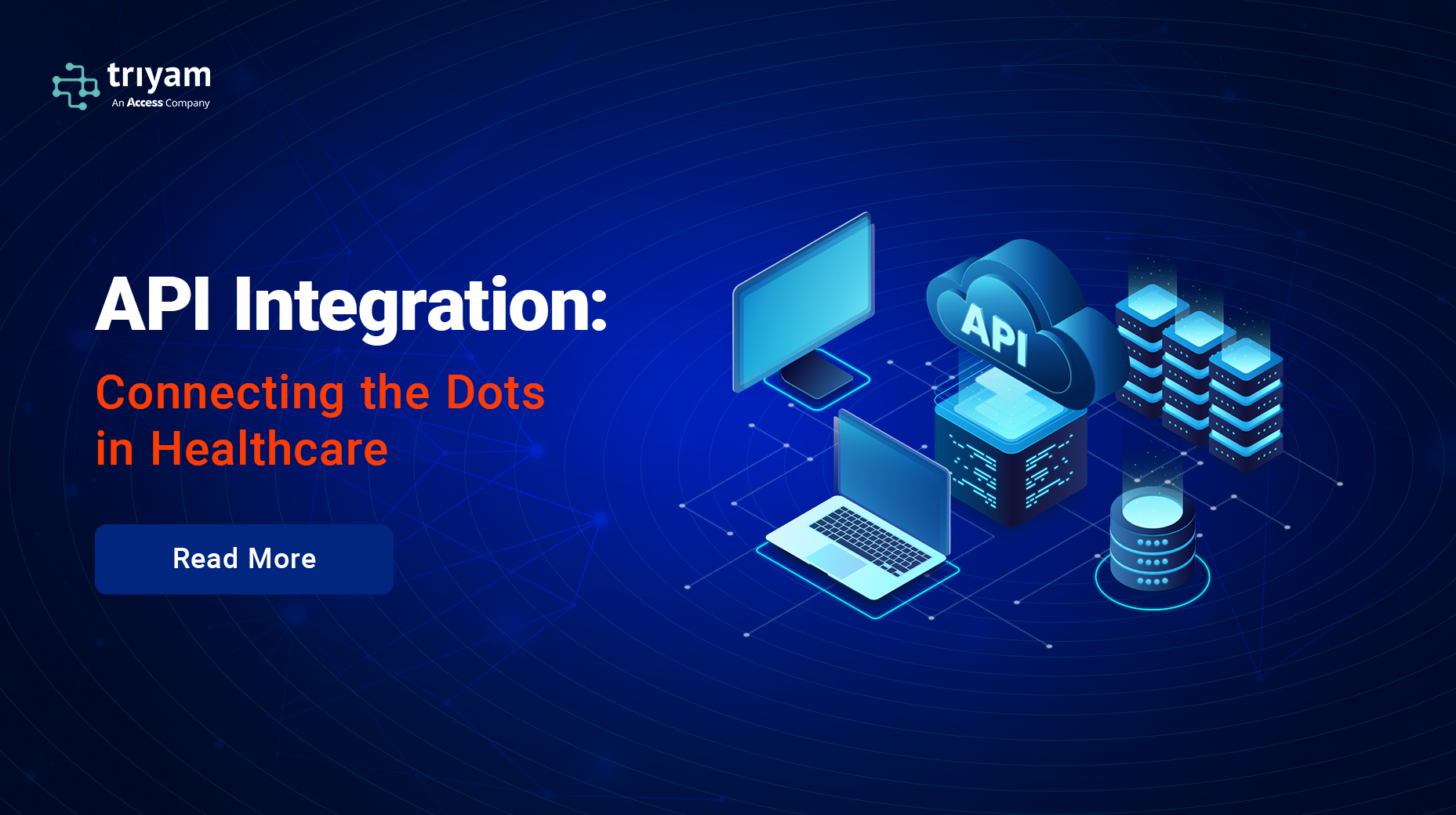In today’s interconnected world, APIs (Application Programming Interfaces) have become the backbone of digital interactions. They serve as bridges that enable different software applications to communicate and share data seamlessly. In the healthcare industry, APIs are playing a pivotal role in revolutionizing patient care, improving operational efficiency, and fostering innovation. This article will delve into the significance of API integration in healthcare, exploring its benefits, challenges, and best practices.
Understanding API Integration in Healthcare
API integration involves connecting healthcare systems, applications, and devices to enable data exchange and interoperability. This integration allows for the seamless flow of patient information, clinical data, and administrative records across different healthcare organizations, providers, and payers. By breaking down silos and facilitating information sharing, APIs can significantly enhance the quality and efficiency of healthcare delivery.
Benefits of API Integration in Healthcare
1. Improved Patient Care:
Improved Care Coordination: The utilization of APIs enables healthcare providers to access a comprehensive overview of a patient’s medical history, including medications and allergies, thereby enhancing care coordination and minimizing the risk of medical errors.
Real-time Information Access: APIs facilitate the real-time availability of patient data, which is crucial for timely decision-making and interventions.
Remote Patient Monitoring: Through the integration of APIs with wearable devices and telehealth platforms, it is possible to remotely monitor patients with chronic conditions, thereby improving patient outcomes.
2. Increased Operational Efficiency
Streamlined Administrative Processes: The automation of administrative tasks, such as appointment scheduling, billing, and claims processing, through APIs, reduces administrative burdens and enhances efficiency.
Enhanced Data Management: APIs allow for the integration of data from various sources, which is essential for effective data management and analytics.
Improved Supply Chain Management: The use of APIs can optimize inventory management and ensure the timely delivery of medical supplies.
3. Innovation and Research
Data-Driven Insights: APIs enable the aggregation and analysis of large datasets, providing valuable insights for research and innovation.
Development of New Applications: APIs can be leveraged to develop innovative healthcare applications, including mobile health apps and patient portals.
Collaboration and Partnerships: APIs facilitate collaboration among healthcare providers, researchers, and technology companies, which is crucial for fostering innovation and enhancing patient care.
Challenges of API Integration in Healthcare
Despite the numerous benefits, the integration of APIs in healthcare also presents several challenges:
1. Interoperability Standards: The absence of standardized APIs can impede interoperability and create obstacles in data exchange.
2. Security and Privacy: The protection of patient data is of paramount importance. APIs must comply with stringent security standards to safeguard sensitive information.
3. Technical Complexity: The implementation and maintenance of API integrations can be technically complex, requiring specialized expertise and resources.
4. Legacy Systems: Integrating APIs with legacy systems can be challenging due to differences in data formats and technologies.
Best Practices for API Integration
To surmount the challenges and fully capitalize on the advantages of API integration within the healthcare sector, it is imperative for healthcare organizations to adhere to the following best practices:
1. Adopt Standardized APIs: It is crucial to adhere to industry-acknowledged standards, such as Fast Healthcare Interoperability Resources (FHIR), to ensure compatibility and interoperability.
2. Prioritize Security: The implementation of stringent security protocols is essential to safeguard patient data. This includes the use of encryption, access controls, and periodic security audits.
3. Invest in Technical Expertise: It is advisable to assemble a team possessing the requisite technical skills for the design, implementation, and maintenance of API integrations.
4. Start Small and Scale Gradually: It is prudent to commence with integrations of a smaller scale, and subsequently, expand as confidence and experience are accrued.
5. Explore Cloud-Based Solutions: Utilizing cloud-based platforms can simplify the process of API integration and diminish the costs associated with infrastructure.
Conclusion
API integration stands as a formidable instrument in the transformation of healthcare. By facilitating the connection of disparate systems and enabling the exchange of data, APIs have the potential to enhance patient care, augment operational efficiency, and stimulate innovation. However, the successful execution of API integration necessitates meticulous planning, technical proficiency, and a steadfast commitment to security and privacy. By adhering to these best practices and addressing the associated challenges, healthcare organizations can realize the full potential of APIs in delivering superior care and improving patient outcomes.
Struggling to keep up with data chaos in healthcare? Triyam’s API integration solutions are here to rescue you. Seamlessly connect your systems, streamline workflows, and unlock the power of your data. Let Triyam be your all-time data savior.

